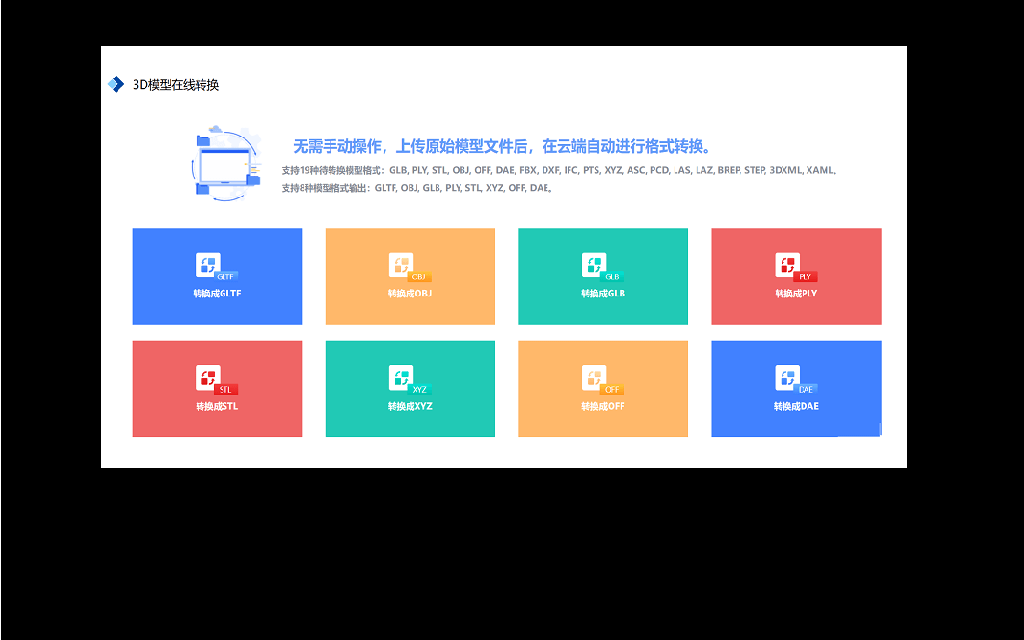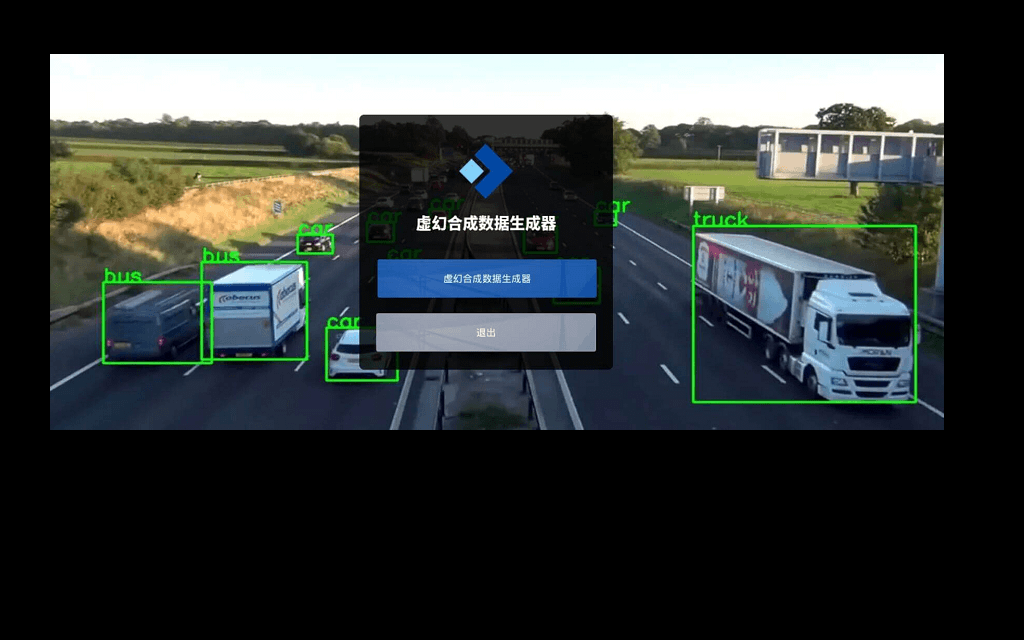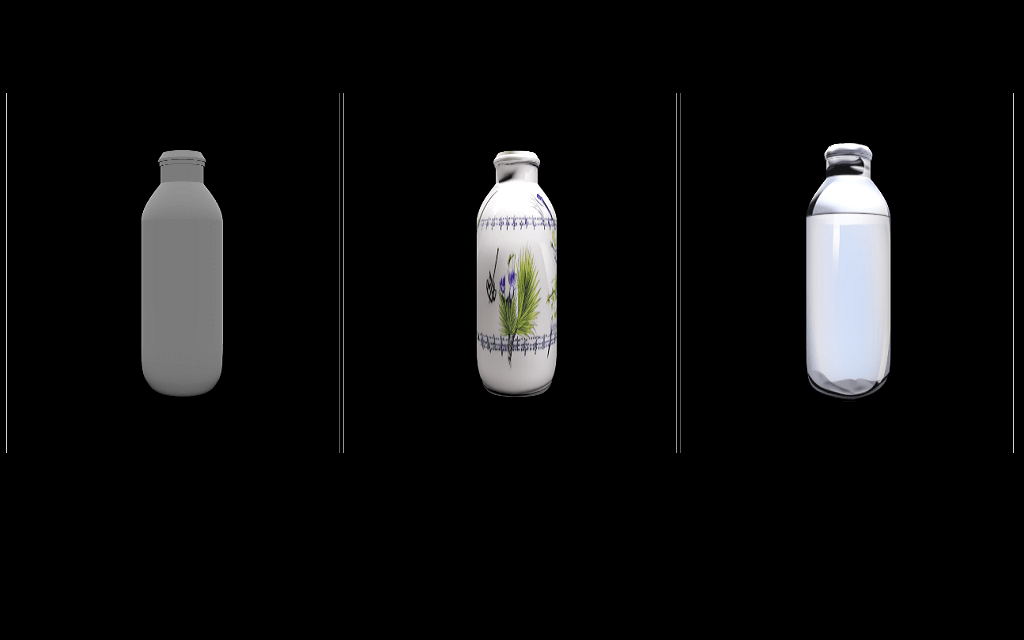

| Language | version |
|---|---|
| Python |    |
| Rust |  |
LTP 4
LTP(Language Technology Platform) 提供了一系列中文自然语言处理工具,用户可以使用这些工具对于中文文本进行分词、词性标注、句法分析等等工作。
引用
如果您在工作中使用了 LTP,您可以引用这篇论文
@article{che2020n,
title={N-LTP: A Open-source Neural Chinese Language Technology Platform with Pretrained Models},
author={Che, Wanxiang and Feng, Yunlong and Qin, Libo and Liu, Ting},
journal={arXiv preprint arXiv:2009.11616},
year={2020}
}
参考书: 由哈工大社会计算与信息检索研究中心(HIT-SCIR)的多位学者共同编著的《自然语言处理:基于预训练模型的方法 》(作者:车万翔、郭江、崔一鸣;主审:刘挺)一书现已正式出版,该书重点介绍了新的基于预训练模型的自然语言处理技术,包括基础知识、预训练词向量和预训练模型三大部分,可供广大LTP用户学习参考。
更新说明
- 4.2.0
- [结构性变化] 将 LTP 拆分成 2 个部分,维护和训练更方便,结构更清晰
- [Legacy 模型] 针对广大用户对于推理速度的需求,使用 Rust 重写了基于感知机的算法,准确率与 LTP3 版本相当,速度则是 LTP v3 的 3.55 倍,开启多线程更可获得 17.17 倍的速度提升,但目前仅支持分词、词性、命名实体三大任务
- [深度学习模型] 即基于 PyTorch 实现的深度学习模型,支持全部的6大任务(分词/词性/命名实体/语义角色/依存句法/语义依存)
- [其他改进] 改进了模型训练方法
- [共同] 提供了训练脚本和训练样例,使得用户能够更方便地使用私有的数据,自行训练个性化的模型
- [深度学习模型] 采用 hydra 对训练过程进行配置,方便广大用户修改模型训练参数以及对 LTP 进行扩展(比如使用其他包中的 Module)
- [其他变化] 分词、依存句法分析 (Eisner) 和 语义依存分析 (Eisner) 任务的解码算法使用 Rust 实现,速度更快
- [新特性] 模型上传至 Huggingface Hub,支持自动下载,下载速度更快,并且支持用户自行上传自己训练的模型供LTP进行推理使用
- [破坏性变更] 改用 Pipeline API 进行推理,方便后续进行更深入的性能优化(如SDP和SDPG很大一部分是重叠的,重用可以加快推理速度),使用说明参见Github快速使用部分
- [结构性变化] 将 LTP 拆分成 2 个部分,维护和训练更方便,结构更清晰
- 4.1.0
- 提供了自定义分词等功能
- 修复了一些bug
- 4.0.0
- 基于Pytorch 开发,原生 Python 接口
- 可根据需要自由选择不同速度和指标的模型
- 分词、词性、命名实体、依存句法、语义角色、语义依存6大任务
快速使用
Python
pip install -U ltp ltp-core ltp-extension -i https://pypi.org/simple # 安装 ltp
注: 如果遇到任何错误,请尝试使用上述命令重新安装 ltp,如果依然报错,请在 Github issues 中反馈。
import torch
from ltp import LTP
ltp = LTP("LTP/small") # 默认加载 Small 模型
# 将模型移动到 GPU 上
if torch.cuda.is_available():
# ltp.cuda()
ltp.to("cuda")
output = ltp.pipeline(["他叫汤姆去拿外衣。"], tasks=["cws", "pos", "ner", "srl", "dep", "sdp"])
# 使用字典格式作为返回结果
print(output.cws) # print(output[0]) / print(output['cws']) # 也可以使用下标访问
print(output.pos)
print(output.sdp)
# 使用感知机算法实现的分词、词性和命名实体识别,速度比较快,但是精度略低
ltp = LTP("LTP/legacy")
# cws, pos, ner = ltp.pipeline(["他叫汤姆去拿外衣。"], tasks=["cws", "ner"]).to_tuple() # error: NER 需要 词性标注任务的结果
cws, pos, ner = ltp.pipeline(["他叫汤姆去拿外衣。"], tasks=["cws", "pos", "ner"]).to_tuple() # to tuple 可以自动转换为元组格式
# 使用元组格式作为返回结果
print(cws, pos, ner)
Rust
use std::fs::File;
use itertools::multizip;
use ltp::{CWSModel, POSModel, NERModel, ModelSerde, Format, Codec};
fn main() -> Result<(), Box<dyn std::error::Error>> {
let file = File::open("data/legacy-models/cws_model.bin")?;
let cws: CWSModel = ModelSerde::load(file, Format::AVRO(Codec::Deflate))?;
let file = File::open("data/legacy-models/pos_model.bin")?;
let pos: POSModel = ModelSerde::load(file, Format::AVRO(Codec::Deflate))?;
let file = File::open("data/legacy-models/ner_model.bin")?;
let ner: NERModel = ModelSerde::load(file, Format::AVRO(Codec::Deflate))?;
let words = cws.predict("他叫汤姆去拿外衣。")?;
let pos = pos.predict(&words)?;
let ner = ner.predict((&words, &pos))?;
for (w, p, n) in multizip((words, pos, ner)) {
println!("{}/{}/{}", w, p, n);
}
Ok(())
}
模型性能以及下载地址
| 深度学习模型 | 分词 | 词性 | 命名实体 | 语义角色 | 依存句法 | 语义依存 | 速度(句/S) |
|---|---|---|---|---|---|---|---|
| Base | 98.7 | 98.5 | 95.4 | 80.6 | 89.5 | 75.2 | 39.12 |
| Base1 | 99.22 | 98.73 | 96.39 | 79.28 | 89.57 | 76.57 | --.-- |
| Base2 | 99.18 | 98.69 | 95.97 | 79.49 | 90.19 | 76.62 | --.-- |
| Small | 98.4 | 98.2 | 94.3 | 78.4 | 88.3 | 74.7 | 43.13 |
| Tiny | 96.8 | 97.1 | 91.6 | 70.9 | 83.8 | 70.1 | 53.22 |
| 感知机算法 | 分词 | 词性 | 命名实体 | 速度(句/s) | 备注 |
|---|---|---|---|---|---|
| Legacy | 97.93 | 98.41 | 94.28 | 21581.48 | 性能详情 |
注:感知机算法速度为开启16线程速度
构建 Wheel 包
make bdist
其他语言绑定
感知机算法
深度学习算法
作者信息
- 冯云龙 <<ylfeng@ir.hit.edu.cn>>
开源协议
- 语言技术平台面向国内外大学、中科院各研究所以及个人研究者免费开放源代码,但如上述机构和个人将该平台用于商业目的(如企业合作项目等)则需要付费。
- 除上述机构以外的企事业单位,如申请使用该平台,需付费。
- 凡涉及付费问题,请发邮件到 car@ir.hit.edu.cn 洽商。
- 如果您在 LTP 基础上发表论文或取得科研成果,请您在发表论文和申报成果时声明“使用了哈工大社会计算与信息检索研究中心研制的语言技术平台(LTP)”. 同时,发信给car@ir.hit.edu.cn,说明发表论文或申报成果的题目、出处等。



